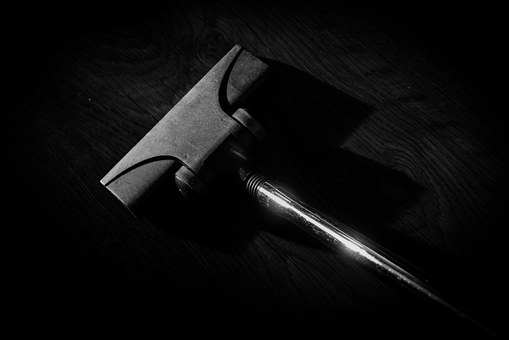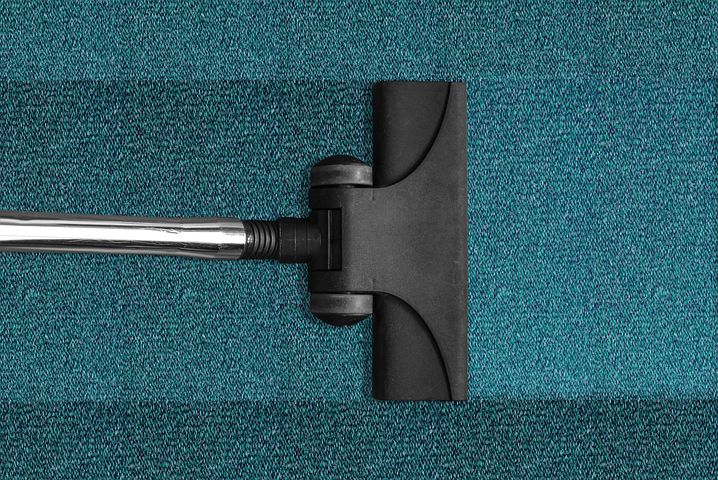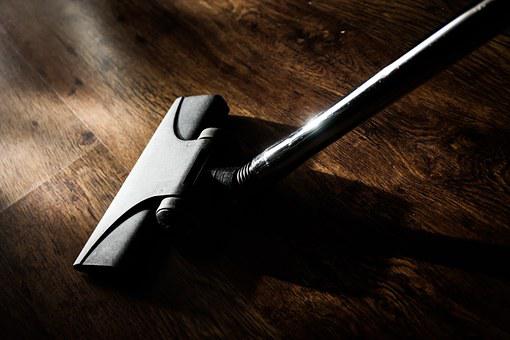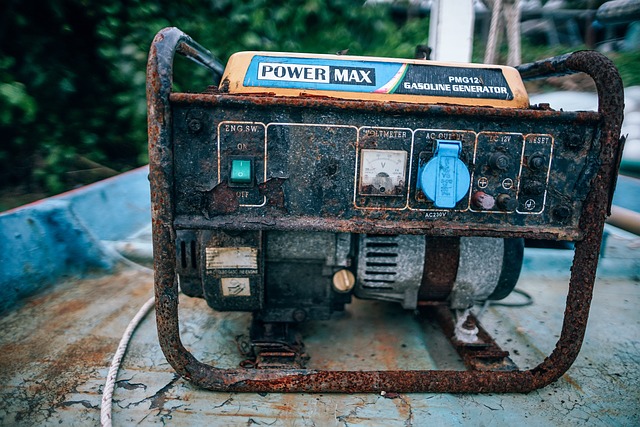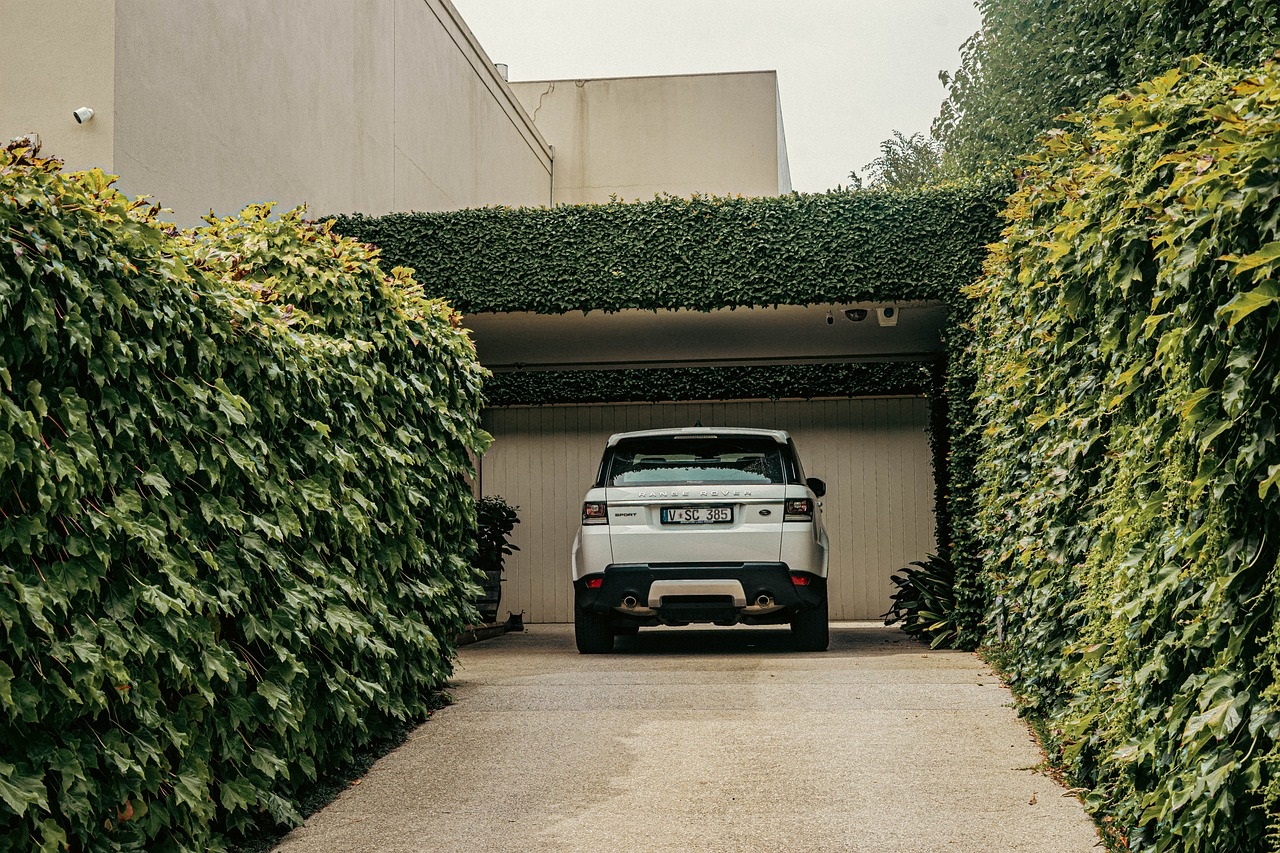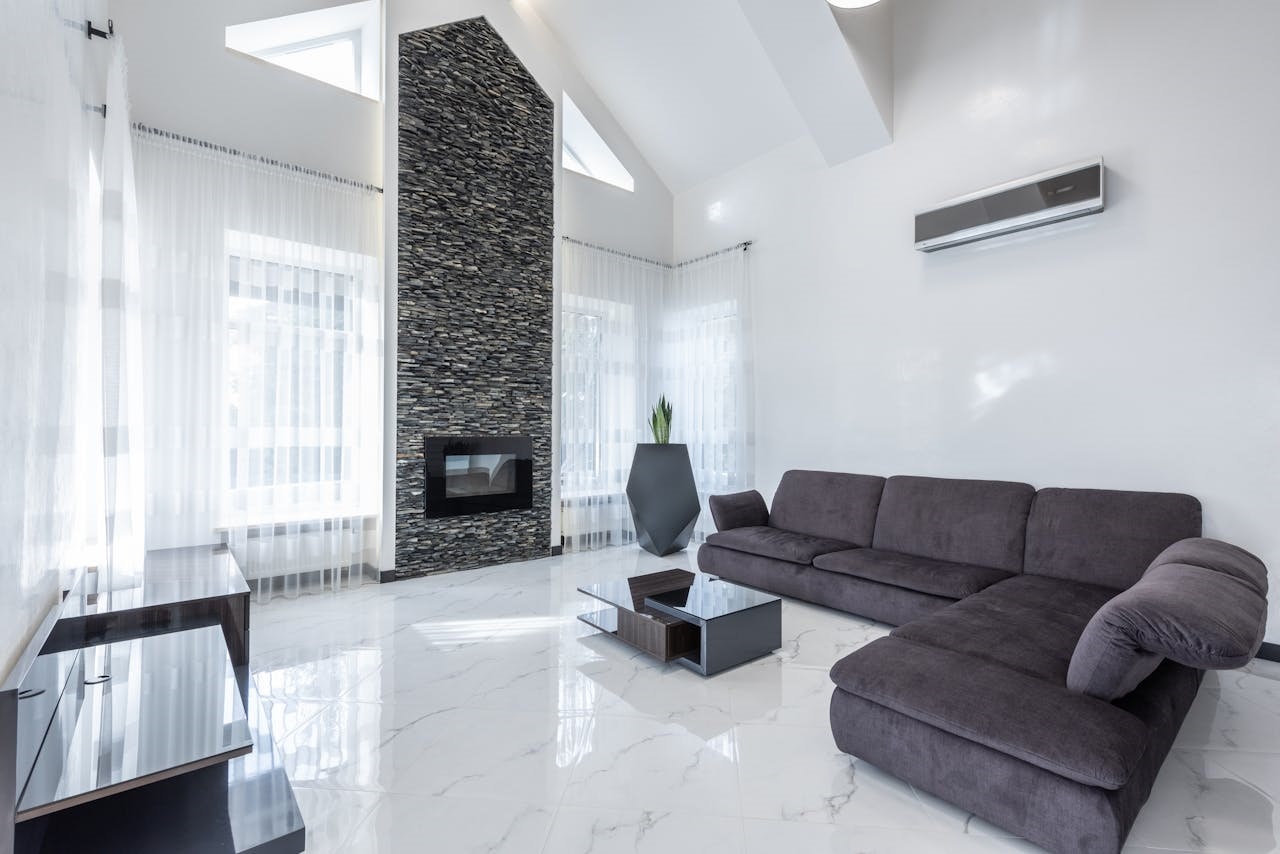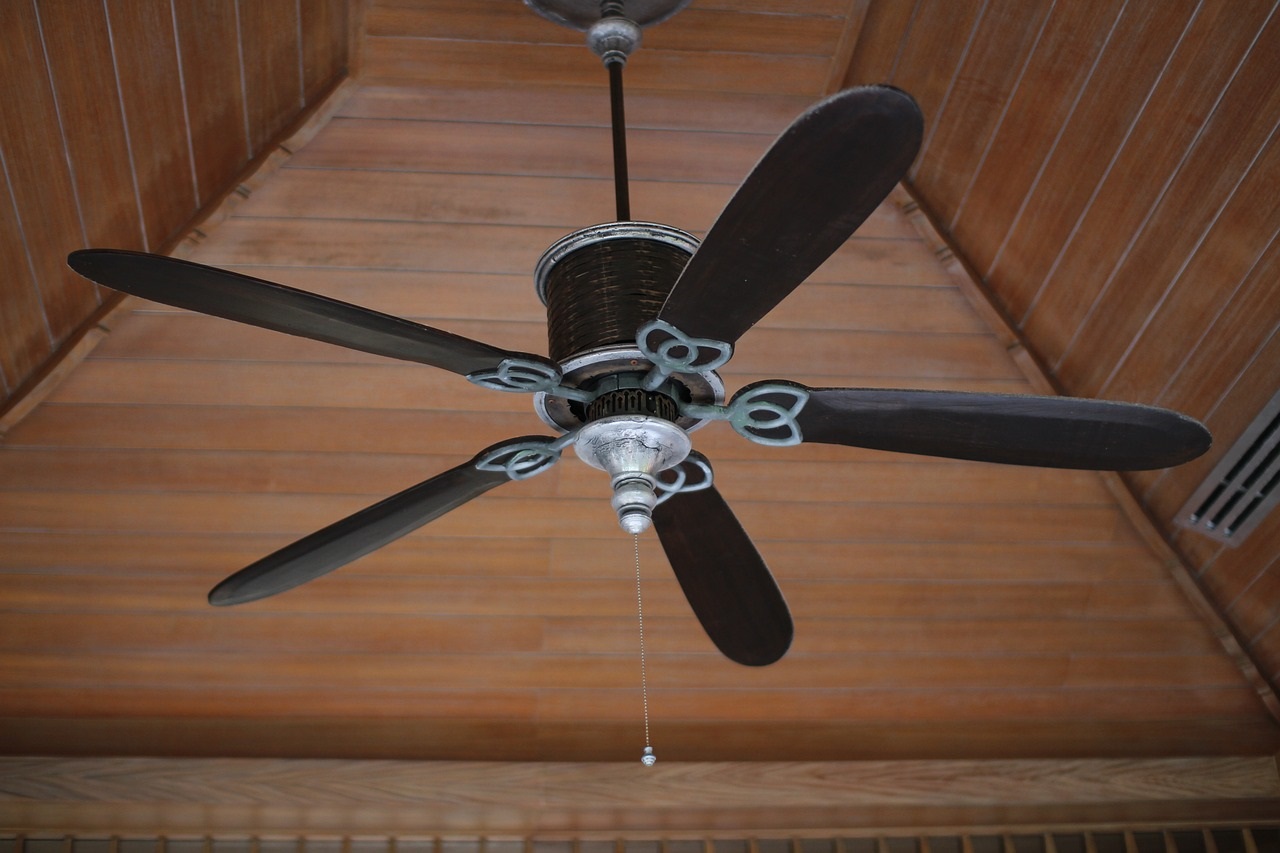A central vacuum cleaner is a system that is built into a new home to make cleaning easier and quieter. They feature ducts in the walls that carry dust and debris to a central power unit and collection canister, usually in the garage or utility room. Inlets are strategically positioned throughout the home to make connecting the hose convenient. Hoses usually have a power switch and several attachments, such as beater bar and an upholstery wand. The main advantage to a central vacuum is that the hose is the only piece of equipment that needs to be moved and stored.
Some studies have promoted central vacuums as the ‘healthy choice’. In 2001, the University of California conducted a study in which participants with dust allergies used central vacuums for three months. All participants reported improvements in symptoms. The reason is that the central vacuum removes dust-laden air from the living space and sends it to a receptacle in the garage. In contrast, a regular vacuum exhausts the air back into the living space, spreading dust that the air filter could not capture. From the results of the study, it appears that central vacuums have a distinct advantage in creating healthier and cleaner environments.
There are two types of dust separation methods: paper filters and cyclonic action. The modern cyclonic system spins air through a spiral chamber, which allows dirt to fall into a receptacle while the air is exhausted. The main benefit of these systems is that they don’t lose power compared to a paper filter system because the airflow is unrestricted. In both systems, air can be exhausted directly to the outdoors without further treatment.
When choosing a central vacuum, look for tools and accessories that meet your cleaning needs. Less expensive systems will use air to power turbines on the beater bar and other rotating accessories. For tough cleaning chores, an electrically powered power brush will give much better results. For larger homes, a hose and tool kit on each floor or in each wing may be more convenient than a single unit. Hoses are usually available in different lengths so you can choose one for smaller areas such as the garage or laundry room.
One particular clever invention is the automatic dustpan that makes bending and sweeping small bits of dirt a thing of the past. These ports can be installed in the kick-space of a counter or located anywhere along the perimeter of a room. Once the port is activated, dust is simply swept into the open port where it is whisked away to the central canister.
Central vacuums are known for their low noise factor. Because the motor is located outside the living area, they can be almost silent. Coupled with much higher suction than a standard vacuum, the central vacuum is better suited to modern living. These units do cost more to purchase and install. They are also best suited to new home construction or renovations when the homeowner would like to add convenience and value over the long term.
Sometimes central vacuum plumbing is preinstalled in a home but lacks the motor unit. If you have PVC pipes in your garage that don’t seem to be connected to anything, you might have a builder-installed system that is (almost) ready to go!
Let us know what your priorities are in a new home. We have styles and features in all prices ranges to suit you. Contact us today for more information.
—————————————————————————————————————————-
Pemberton Holmes has been an island brokerage since 1887. We combine expertise, trust, and community values to ensure your sales experience is the best it can be! Are you looking to sell your home, or looking to purchase? Contact us today at 1-800-848-8490 or 250-753-9688 to talk to a REALTOR®

